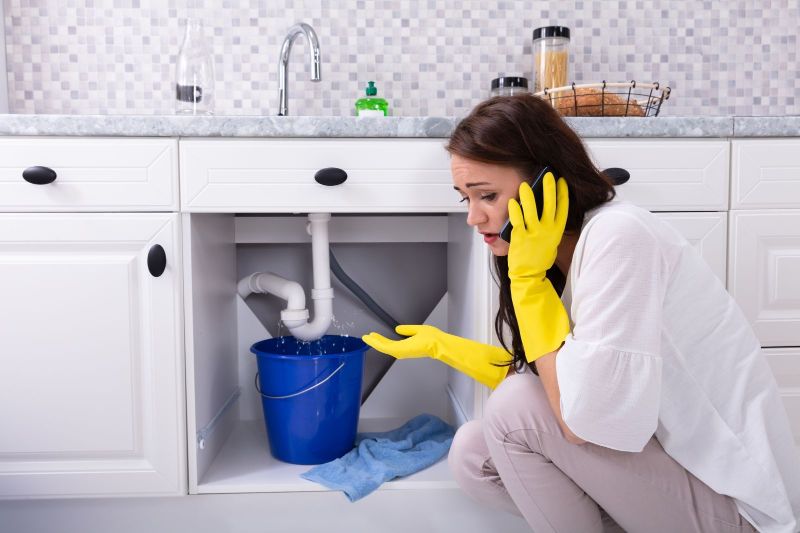In the world of homeownership, few issues can cause as much inconvenience and potential damage as unexpected plumbing leaks. Water damage, if not addressed promptly, can lead to significant repair costs, mold growth, and structural damage. However, with a few proactive steps, homeowners can significantly reduce the risk of plumbing leaks. Here's a guide to keeping your home safe and dry, preventing the common pitfalls that lead to leaks and water damage.
Understand Your Plumbing System
The first step in preventing leaks is understanding your home's plumbing system. Familiarize yourself with the main water shut-off valve's location, which can be crucial in stopping water flow in an emergency. Regular inspections of visible piping, faucets, and connections can help identify potential weaknesses before they lead to leaks.
Regular Maintenance Checks
Consistent maintenance checks are your best defense against unexpected leaks. At least twice a year, inspect all accessible pipes, faucets, and plumbing fixtures for signs of wear and tear. Look for dampness, discoloration, or rust that could indicate a slow leak. Pay special attention to areas under sinks, around toilets, and near appliances like water heaters and dishwashers.
Invest in Quality Fixtures and Materials
When replacing parts of your plumbing system or during any home renovation, choose high-quality fixtures and materials. Cheaper alternatives might save you money upfront but can lead to more frequent failures and leaks. Products from reputable brands often come with better warranties and are made to withstand the rigors of daily use.
Monitor Water Pressure
High water pressure can stress your plumbing system and increase the risk of leaks. Installing a pressure regulator can keep your water pressure within a safe range, usually between 40-70 psi. If you're unsure about your home's water pressure, a professional plumber can test it and install a regulator if necessary.
Protect Pipes from Freezing
In colder climates, frozen pipes are a common cause of leaks and bursts. Insulating exposed pipes in crawl spaces, attics, and outside walls can prevent freezing. During extreme cold snaps, letting faucets drip slightly overnight can keep water moving and further reduce the risk of freezing.
Know When to Call a Professional
While many minor plumbing issues can be a DIY project, knowing when to call a professional plumber is crucial. Complex problems, such as leaks in the foundation or slab, require specialized knowledge and equipment. A timely professional assessment can prevent a small leak from becoming a major disaster.
Educate Your Household
Finally, make sure all household members know how to turn off the water in an emergency. Educating your family about the signs of a leak and the steps to take can minimize damage if a leak occurs when you're not home.
Preventing plumbing leaks is an ongoing process that requires vigilance and regular maintenance. By following these seven proactive steps, homeowners can protect their property and avoid the hassles associated with water damage. For more information on protecting your home from water damage and professional restoration services, visit our Water Damage Restoration page.

